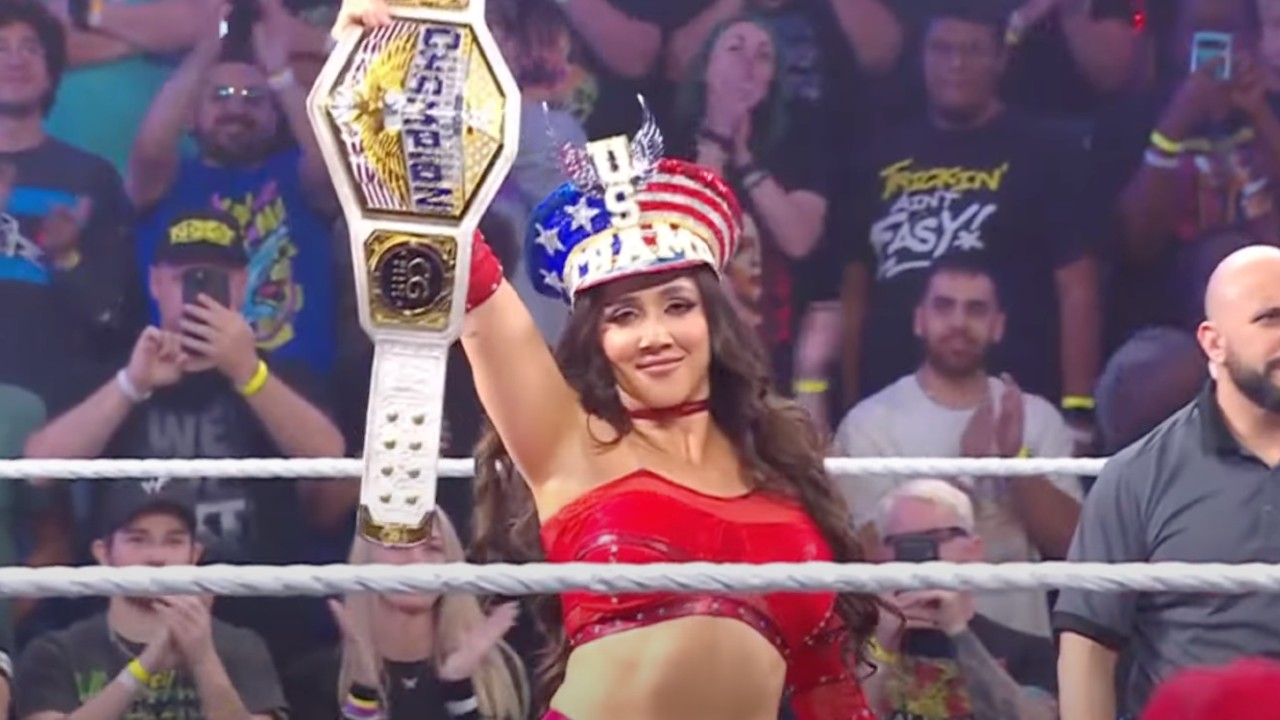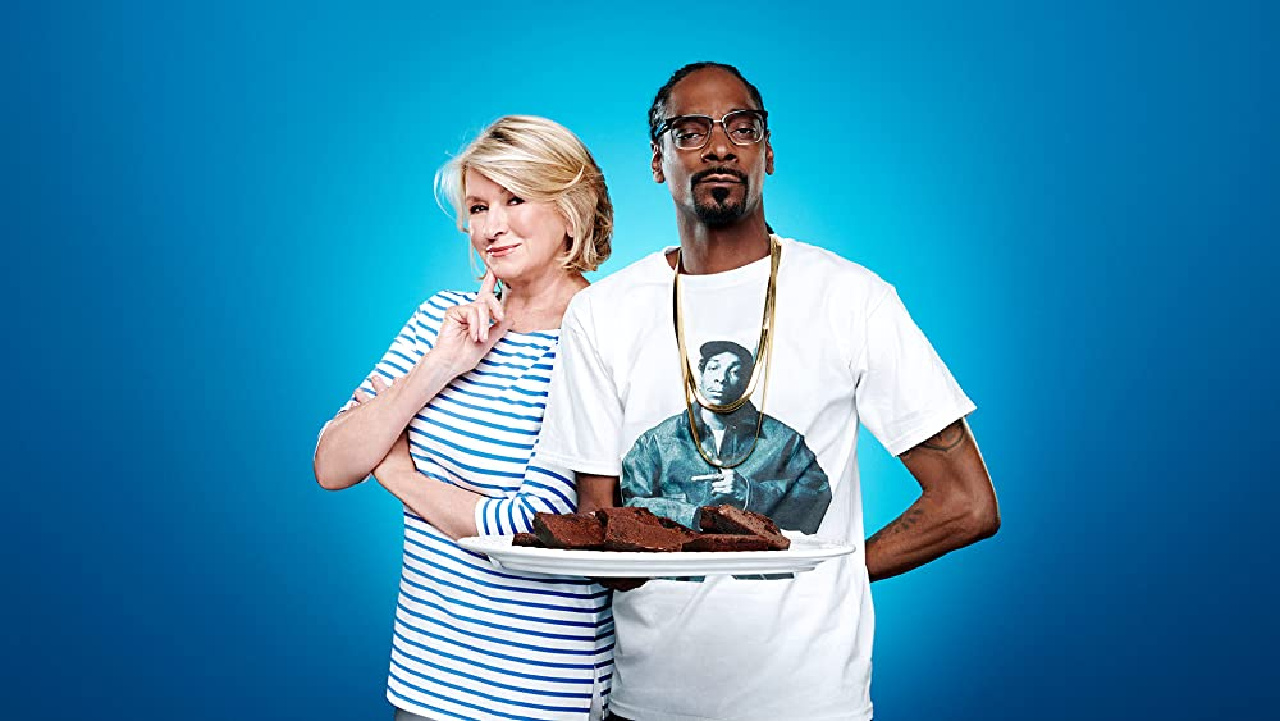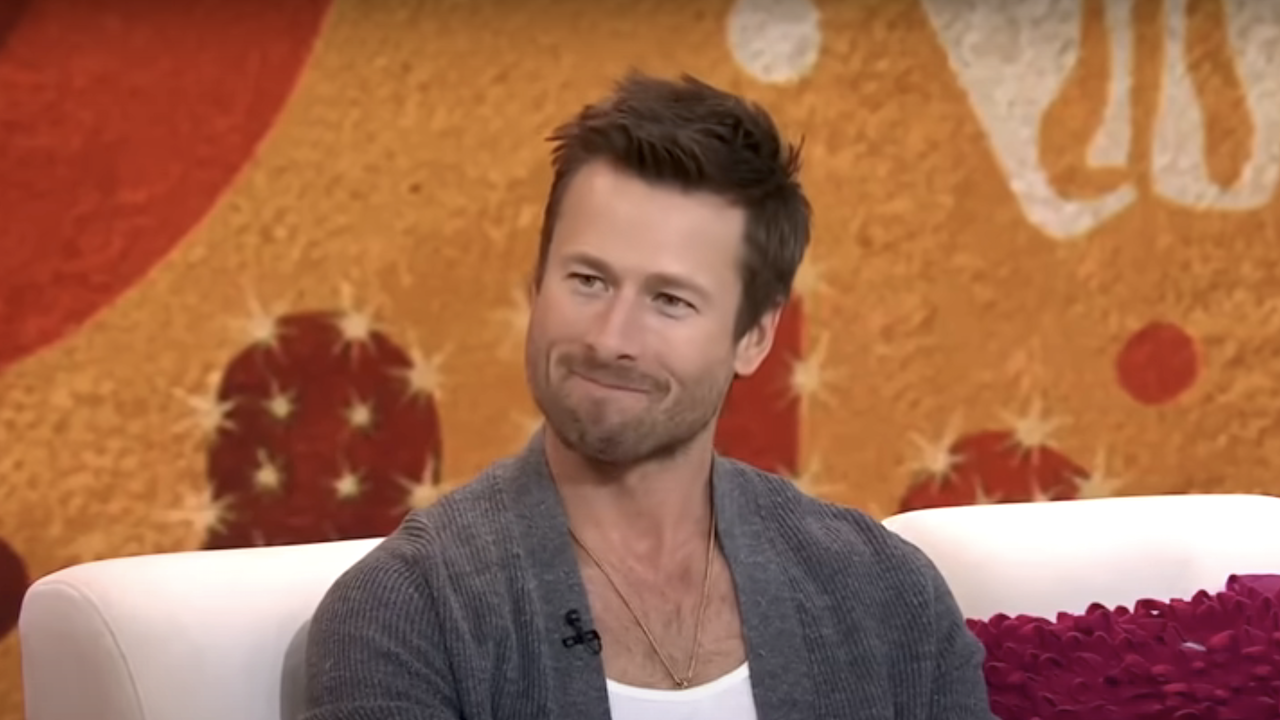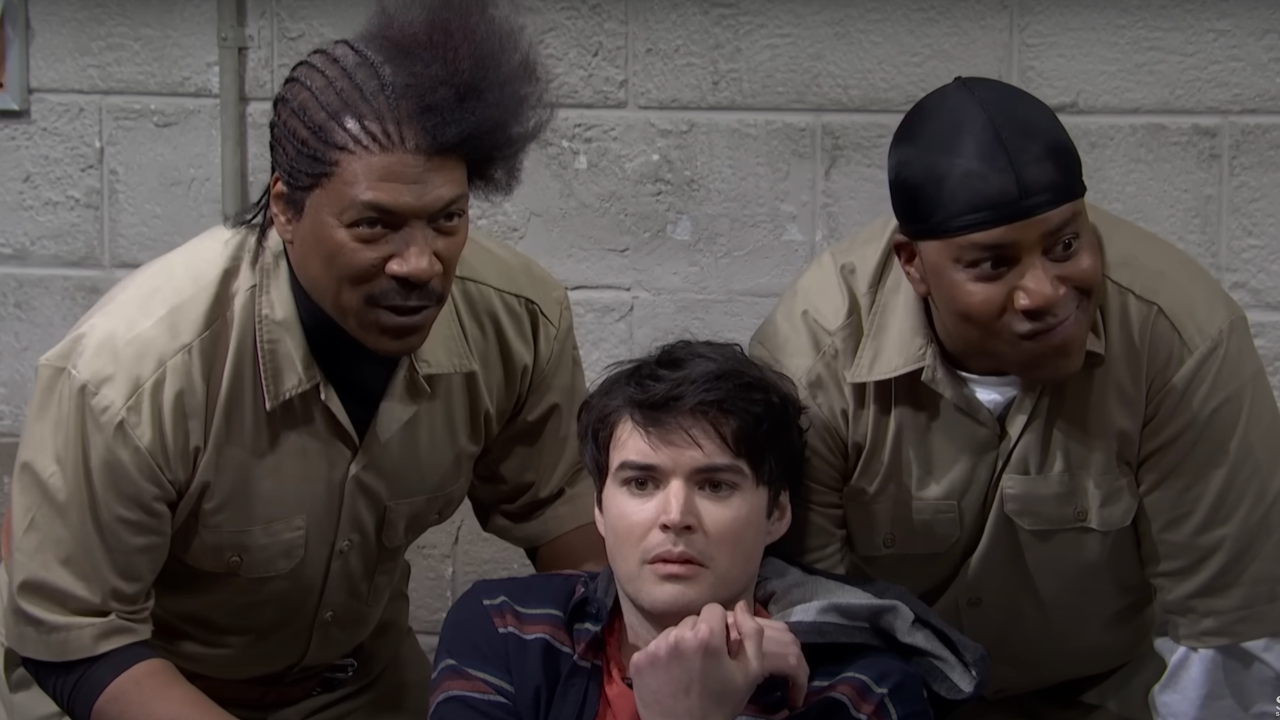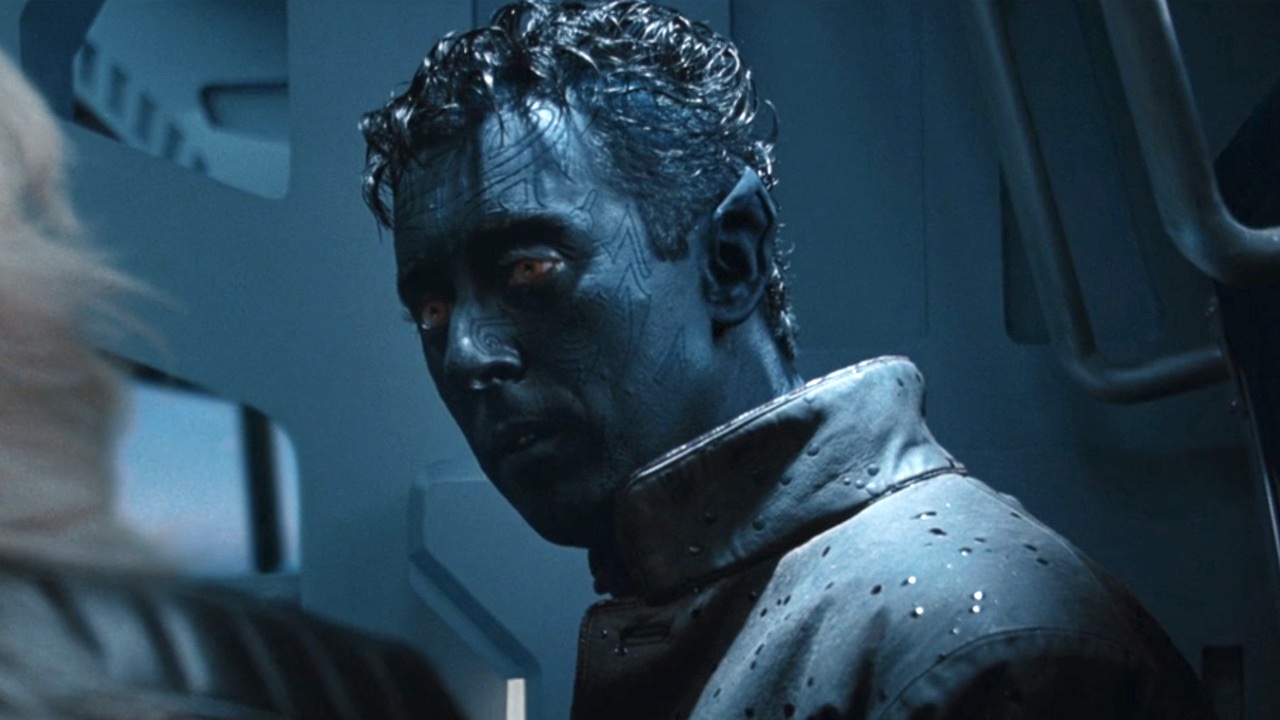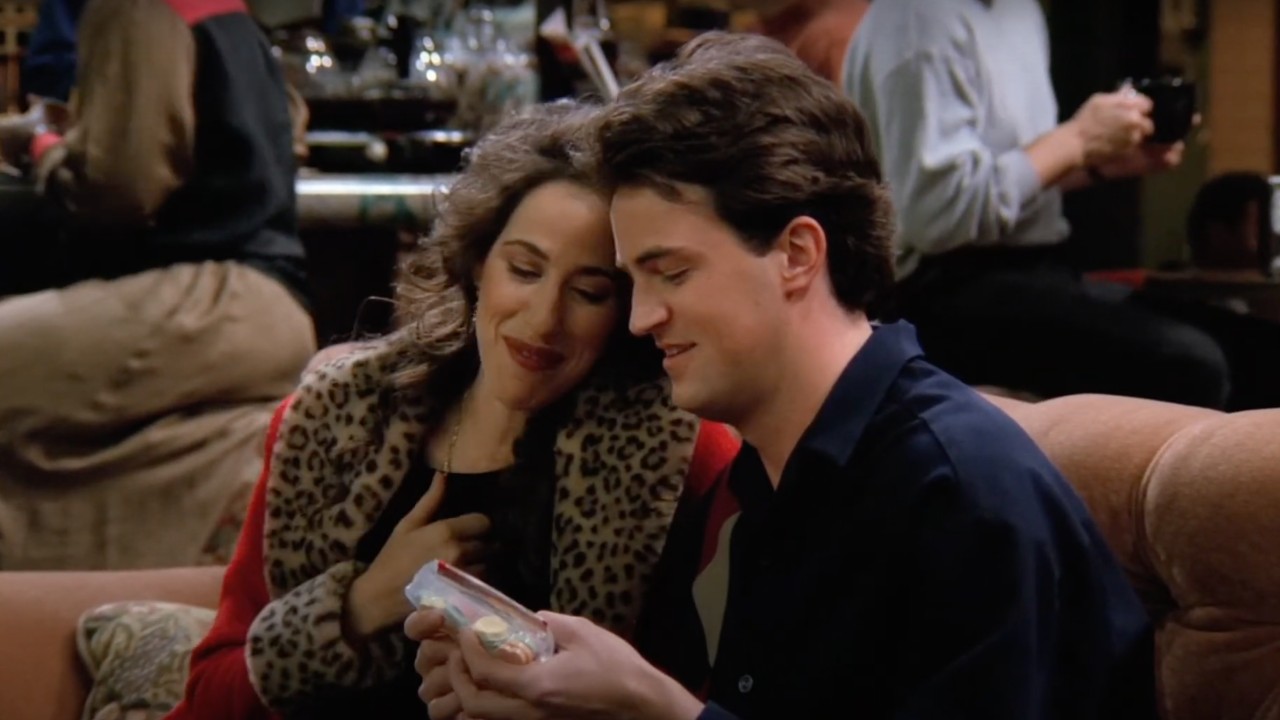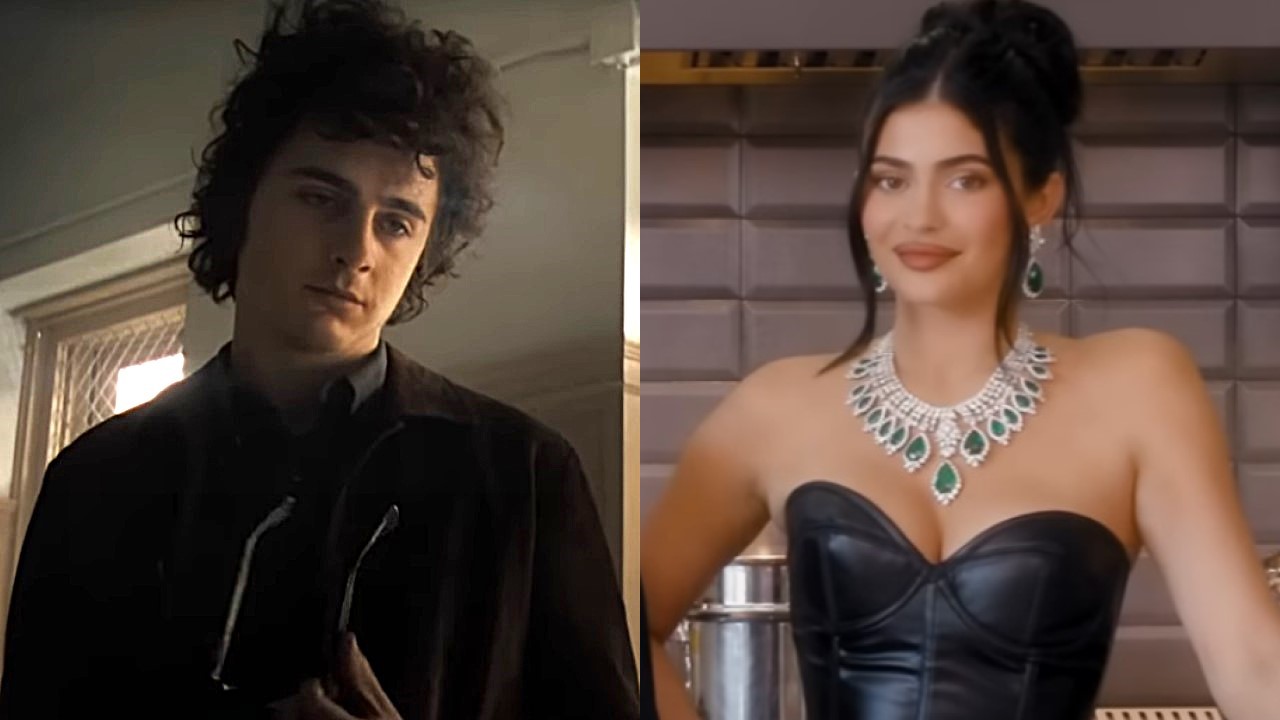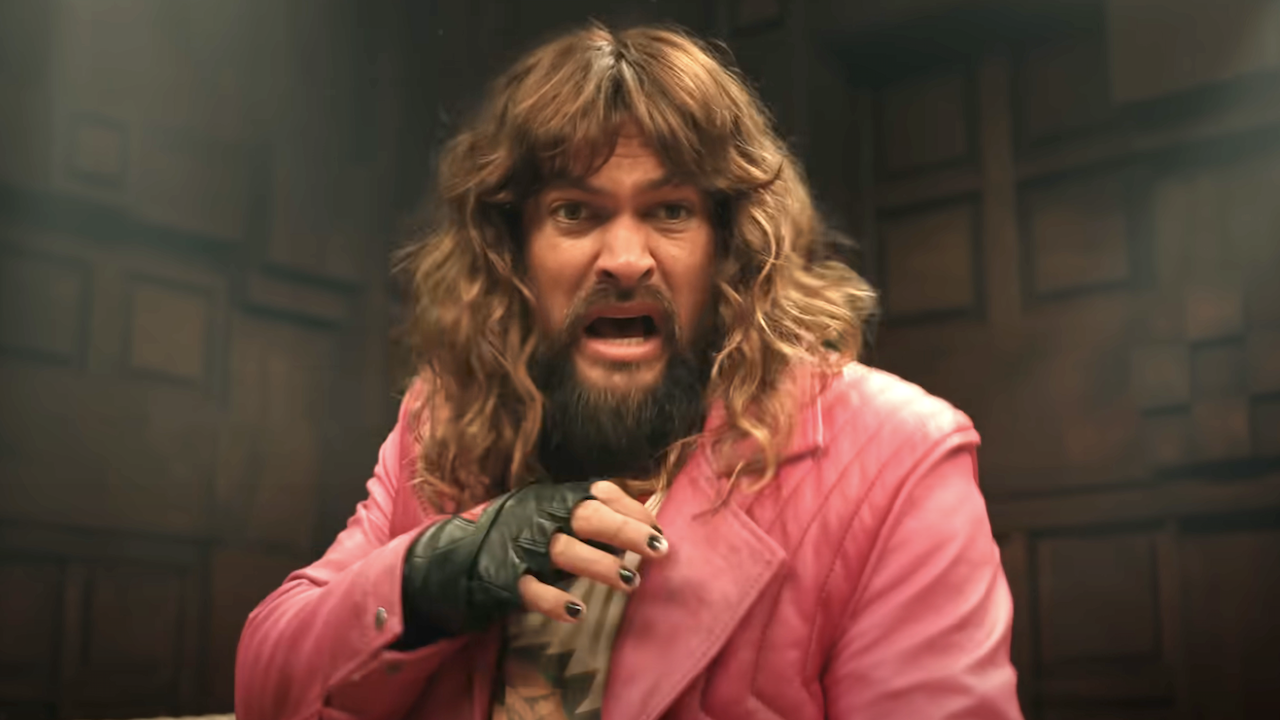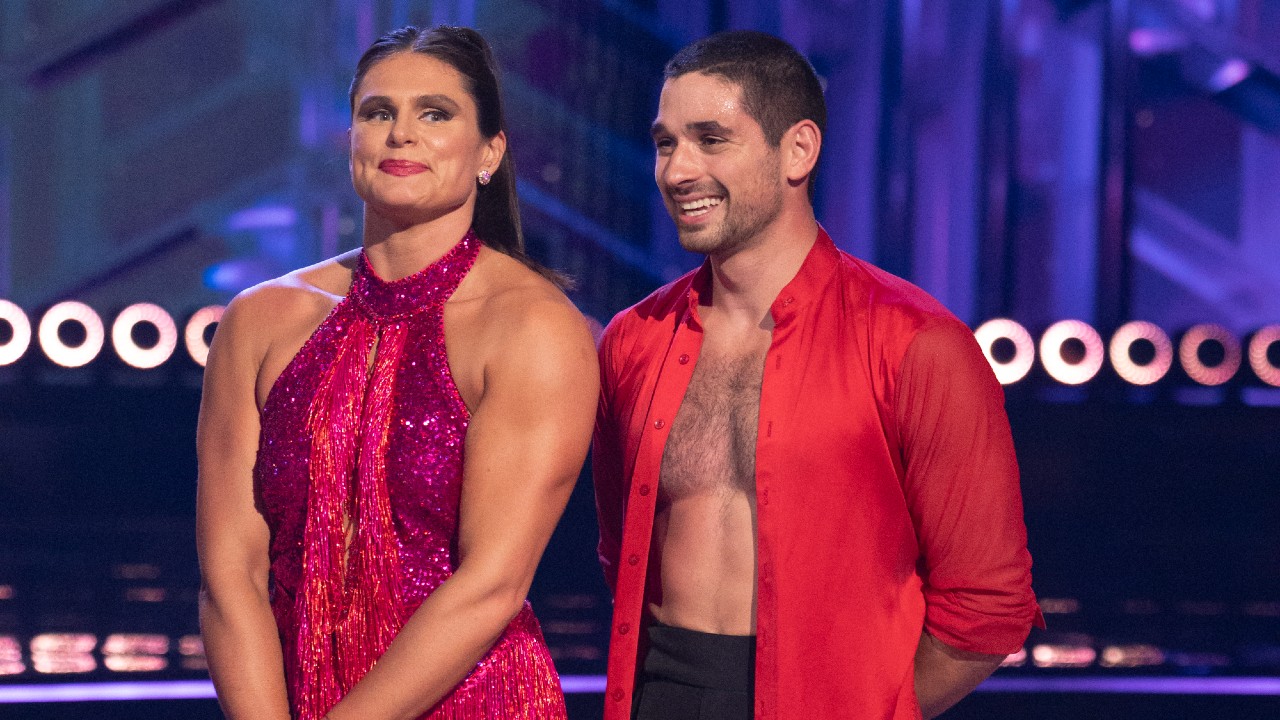Jay Chandrasekhar And Kevin Heffernan Talk Semen And Following The Joke In The Babymakers
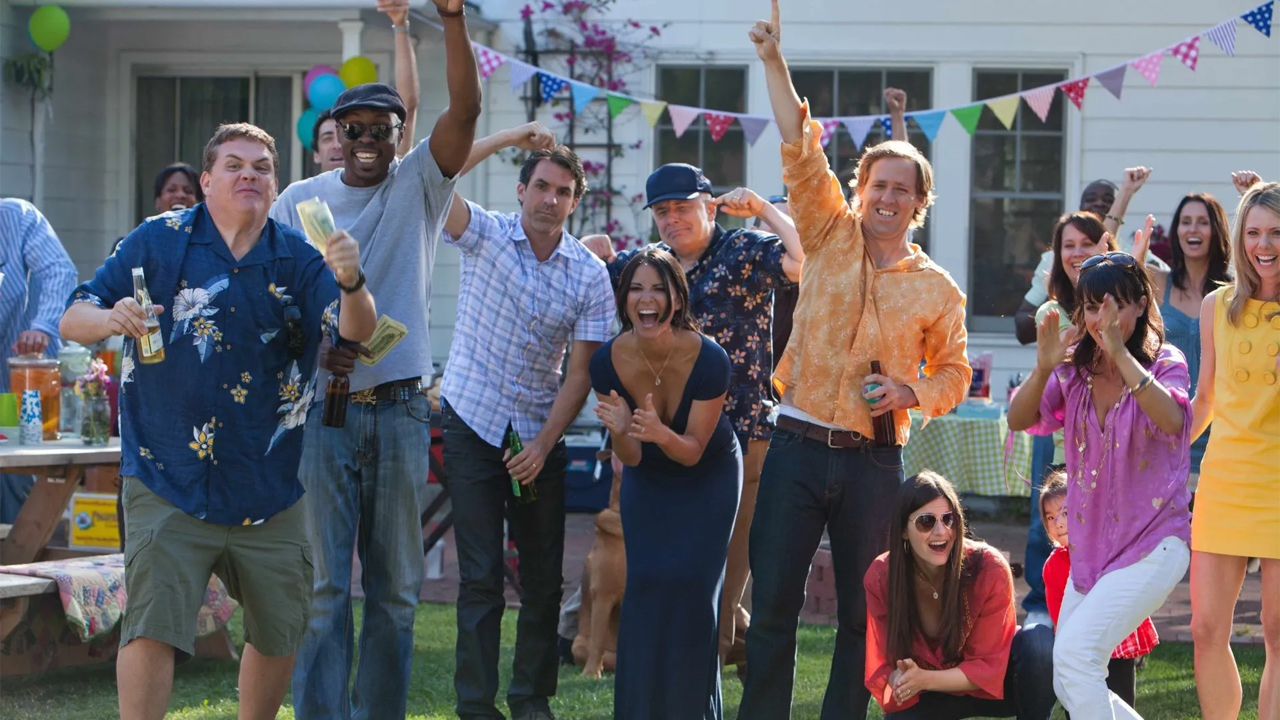
Jay Chandrasekhar and Kevin Heffernan are no stranger to gross-out gags. From their work with the Broken Lizard group to their own separate material, they have proven time and again that they are willing to push things as far as they will go. But is there a line that they won’t cross? According to them, the philosophy is that as long as the laugh is there, they’re willing to go for it and follow the joke.
The two writer/director/actors recently made the comedy The Babymakers, which is now both in theaters and on VOD, and prior to the release I had the chance to hop on the phone and talk with the two of them about working together and getting their new movie made. Check out the interview below in which they talk about the evolution of the project, what it’s like working from material that they didn’t write themselves, and the big gross-out gag of the movie.
What was it about this script that initially drew you to the project?
Jay Chandrasekhar: I had been watching a lot of cable TV like Breaking Bad and The Wire and Downton Abbey and I just started to feel like I liked the realness of all that stuff and I wanted to try a film that had a real relationship at its center. I wanted to make a film that was actually a date movie, but that the guys would be excited to go see.
Knowing that both of you have directed projects, at what point did you, Jay, decide to direct and how did both of you decide that you wanted to act in it as well?
Kevin Heffernan: It was actually a script that a friend of mine wrote. I was making a movie a couple years ago called Strange Wilderness and [Peter] Gaulke wrote it, and he had a script kind of based on his real life experience trying to have kids. And at the time we had a deal with Warner Bros. and we brought it to Warner Bros. because we liked it so much, and set it up with us attached to produce it, Jay was going to direct it and I would have a role in it somewhere, at that point. It went through a lot of incarnations and it kind of fell apart a couple times, and then we finally found funding for it, so he kind of put it together. So he was always attached to direct it and we knew that we would act in it in some capacity and then it just kind of happened that way.
From an acting perspective, does your approach to the material change when it’s a script that you didn’t write yourselves?
CINEMABLEND NEWSLETTER
Your Daily Blend of Entertainment News
JC: Well, we got it when it was probably around the seventh or eighth draft of the script and we developed it though another eight or nine drafts. At points we just went in and added some jokes and improved the relationship a lot. It’s very much a collaboration between the writers and us. Every single line was poured over and we changed ones we didn’t like and we had rewritten things – those guys did all the heavy lifting, we did all the accent and spice.
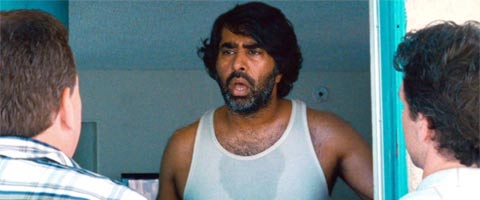
Was it more than just dialogue? Did the story change as well?
JC: We added certain elements. We did tonal changes, like some things might have felt a bit too big, we made them smaller. But absolutely. It’s story elements for sure. We redeveloped the thing from what was originally quite a great movie and a really great script that had this relationship at the center and a sperm bank heist in it, and there’s still quite a few things from the original script that we kept, but everything is a little more us.
Can you give a few examples?
KH: I think it was more that there were some improv-y moments on the set. There are scenes, for example, like the fact that Jay’s character…the script was originally written as a huge character, the bad guy was kind of a more Eastern European guy, and we kind of felt that that had been done, with the whole Borat thing, and once Jay had the part we would try and change it so that it would fit him a little more. So we went with the Indian mobster-type character. That was something we added in there, and once you do that then that creates a whole new jokes, where he and I are in the apartment and there’s Indian stuff and Indian jokes. But that’s like a big example of how it changed from the original script.
You mentioned needing to make things bigger or smaller in the script, and because it’s kind of a through-line in all of your projects, I’m curious if you think there’s a line that you won’t cross, either in terms of approaching the material or acting in the more kind of disgusting scenes.
JC: We’ve always had a philosophy that we would always go wherever the joke is. When we did Super Troopers we wanted to do the scene from First Blood where Sylvester Stallone is shot with water hoses, and so we put Kevin in it and he had to be naked because that’s where the joke was. We used powdered sugar because that’s where the joke was. We showed his dick because that’s where the joke was [laughs]. It’s never a matter ever, ever, are we’re never trying to gross anybody out, or ever are we trying to shock people. We’re just trying to make it funny in a way that makes the audience go, “You know, that was the first joke they thought of and they weren’t afraid to do it.” Often when you’re in some of these writing rooms for…and the most restrictive is network television, right? They say, “Wow, that’s a great joke, but we can’t do that. Okay, let’s try the second joke. Oh, you can’t do that one. But the third joke you can do,” and hopefully it will be great, but it will remind people of what the joke really was. We prefer, because we’re in the movie business, and R-rated movies in particular, just to do what it is. If its gross, well, that’s where the joke was.
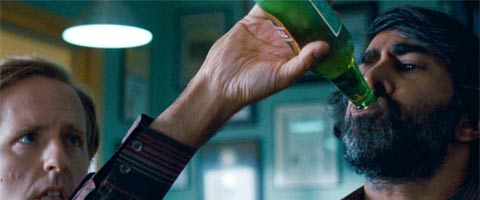
And does that come into the performance as well? When you’re gearing up for the grosser scenes, do you just kind of have to let it all go and know that you’re working for the best possible joke?
JC: I think you’re referring to Kevin falling around in the sperm at the sperm bank [laughs]. Is that what you’re talking about?
I am. Very much so.
KH: I think that’s one of those examples where we actually shot that scene in reshoots, because we shot the movie and then it was kind of like, “That’s where the joke is!” [laughs] You’re in a sperm bank and that’s kind of where you want to go with it. I thought it was kind of fun. We shot it and I had to hold on to the thing and we finished shooting it and I walked up to Jay and I said, “What do you think?” And he said, “I think we went too far.” [laughs] And then we put it in there and in all the testing it got a great response, one way or the other it got a good response.
Out of curiosity, what was that stuff made of?
KH: It was Jay’s semen.
Oh, of course.
KH: If you look at the credits he actually has a credit called “Semen Wrangler.”
JC: I have a very ample load, so I figured I could make a little extra money [laughs]. But actually it was lotion and conditioner, two of the items you actually use to extract.
Was there a testing process to figure out what worked best?
JC: We had a top-notch Hollywood props department there. I’m sure they did some side-by-side examples and said, “Can you tell the difference?”

Eric Eisenberg is the Assistant Managing Editor at CinemaBlend. After graduating Boston University and earning a bachelor’s degree in journalism, he took a part-time job as a staff writer for CinemaBlend, and after six months was offered the opportunity to move to Los Angeles and take on a newly created West Coast Editor position. Over a decade later, he's continuing to advance his interests and expertise. In addition to conducting filmmaker interviews and contributing to the news and feature content of the site, Eric also oversees the Movie Reviews section, writes the the weekend box office report (published Sundays), and is the site's resident Stephen King expert. He has two King-related columns.
